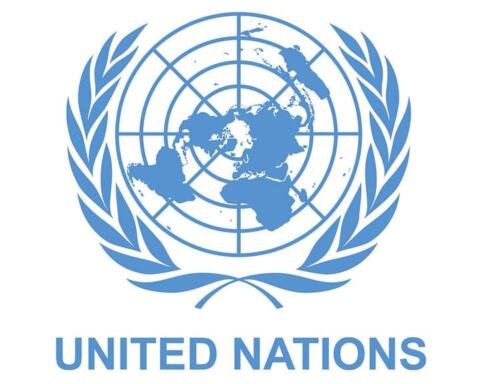Rich in resources and small in population, Western Sahara, partially occupied since 1975 by neighbouring Morocco, has a history shaped to a large extent by its natural wealth. Indeed, sovereignty over the country’s phosphates became a key claim of the pro-independence, anti-Spanish Saharawi movement in the early 1970s. Yet I argue in this paper that, since the beginning of the Moroccan colonial period, it is only recently that sovereignty over these resources has re-emerged as a prominent demand of the Saharawi resistance activists.
My paper charts the long history of mostly non-violent resistance in the Occupied Territories, the focus of which, since the Moroccan occupation, has traditionally been on human rights and independence. Drawing on theories of hegemony and everyday resistance, my paper explores what has prompted the recent turn towards natural resources as a demand of Saharawi pro-independence activists and asks what the wider implications of these new resistance claims are.
Full article
Natural-resources-and-intifada-oil-phosphates-and-resistance-to-colonialism-in-Western-SaharaSource: Taylor & Francis Online
Support our work
Support out work
Support our work with a one-off or monthly donation
AuthorJoanna AllanYear2016Pages23LanguageEnglish
Share via
Related resources
The United Nations’ Failure in Resolving the Western Sahara Conflict
Altough a peace plan was accepted by Marocco and the POLISARIO in 1988, and…
The Unresolved Western Sahara Conflict and Its Repercussions
Western Sahara conflicts have yet to be definitively resolved. It now belongs…
Western Sahara: Road to Perdition?
At the time of writing, hopes for a peacful solution to the enduring conflict…



